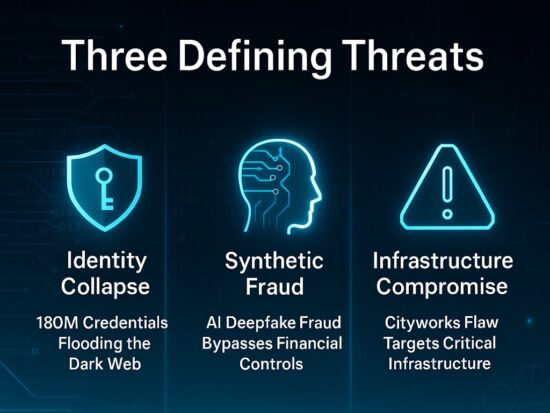In an increasingly interconnected world, the protection of personal privacy has become a delicate subject. As individuals, we often find ourselves entrusting our personal information to various companies and service providers online without thoroughly reading the fine prints of the terms and conditions. This raises a critical question: How can we protect our privacy effectively when the majority of us are unaware of the implications hidden within those agreements?
The Allure of Convenience
The allure of convenience often clouds our judgment when it comes to safeguarding our privacy. In our fast-paced lives, we tend to prioritize efficiency over due diligence. When signing up for an online account, it is common for individuals to hastily scroll through the lengthy terms and conditions without paying much attention. We blindly trust companies or service providers, assuming they have our best interests at heart. However, this lack of awareness can expose us to potential risks and violations of our privacy.
The Fine Prints’ Hidden Secrets
Buried deep within the fine prints lie crucial details that can greatly impact our privacy. Companies may share our personal data with third parties for marketing purposes, track our online activities, or even sell our information to the highest bidder. By overlooking these terms, we unintentionally give consent to practices that compromise our privacy. The fine prints, often written in complex legal jargon, act as a shield for companies, allowing them to operate within the bounds of the law while potentially infringing upon our rights.
Education as the Key
To address this issue, education becomes crucial. Individuals must be made aware of the importance of reading and understanding the terms and conditions before signing up for any online service. By empowering ourselves with knowledge, we can make informed decisions about the platforms and companies we choose to engage with. Initiatives to simplify the language of legal agreements and present them in a user-friendly manner can also play a significant role in encouraging individuals to take privacy protection seriously.
Enhancing Legal Frameworks
The responsibility to protect privacy does not solely fall on individuals. Governments and regulatory bodies need to play an active role in enhancing legal frameworks to ensure adequate privacy safeguards. Transparent privacy policies, strict regulations on data handling, and clear disclosure requirements are essential to hold companies accountable for their actions. Regular audits and penalties for non-compliance can act as effective deterrents, promoting a culture of privacy-consciousness among service providers.
Tech Industry’s Role
The tech industry itself must take ownership of privacy protection. Companies should prioritize user privacy as a core value and design their platforms with privacy-enhancing features by default. This includes adopting strong encryption practices, implementing robust security measures, and providing users with granular control over their personal data. Proactive communication about privacy practices and the potential risks involved can foster trust between service providers and users.
Protecting personal privacy in the digital age is a delicate subject, especially when the majority of individuals do not read the fine prints of the terms and conditions before signing up for online accounts. It is vital for us to recognize the significance of privacy and educate ourselves about the potential risks we expose ourselves to through our digital engagements. By demanding transparency, supporting legal reforms, and encouraging responsible practices within the tech industry, we can strive for a future where privacy is respected and safeguarded, balancing the allure of convenience with the need for personal data protection.








 Puru's [AI]
Puru's [AI]
